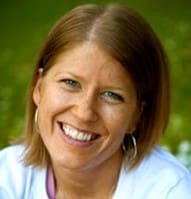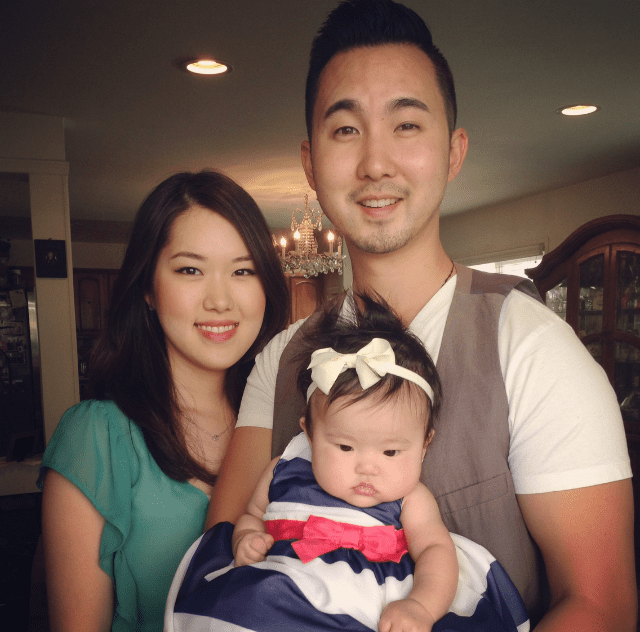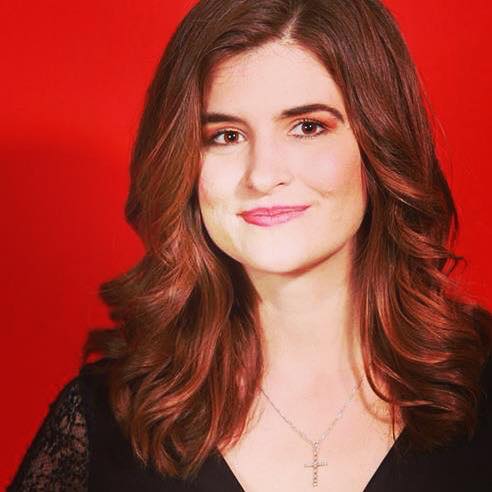Em um comentário sobre um post que escrevi sobre castidade, um leitor escreveu uma nota desconcertante: “Não sou virgem, então acho que não posso praticar a castidade”. O comentário doeu em meu coração.
A pessoa que o escreveu dispensou a castidade como algo irrelevante em resposta à sua experiência sexual – sinal de uma concepção equivocada de castidade que não foi projetada para nenhum nós. Mas a castidade é uma virtude moral, que é adquirida, em parte, pelo “esforço humano”. Você não precisa ser virgem para praticá-la. É aqui vai o porquê:
Porque a castidade não joga seu passado na sua cara.
A castidade é a integração bem-sucedida da sexualidade dentro da pessoa. É uma decisão tomada por alguém para viver o sexo como um sinal físico sagrado dos votos que marido e mulher fazem no altar, expressão da unidade alcançada pelo sacramento do matrimônio. A virgindade não é um pré-requisito para isso. Na verdade, a castidade praticamente não tem pré-requisitos fora da decisão de praticá-la – e essa é uma decisão que qualquer pessoa pode fazer hoje.
Porque castidade não é somente para solteiros.
A castidade é para os solteiros, mas também para pessoas casadas – sexualmente ativas. A abstinência deve acabar para uma pessoa que se casa, mas a castidade nunca deve acabar. Fora do casamento, a castidade implica abstinência sexual. No casamento, a castidade implica que não usamos nem abusamos uns dos outros; que defendemos a definição de sexo (um sinal físico sagrado); que estamos preservando as finalidades do sexo – bebês e união conjugal – e trabalhando com, mas não contra nossos corpos (em parte rejeitando a contracepção).
Porque castidade é para amantes.
Segundo São João Paulo II, “somente o homem casto e a mulher casta são capazes de amar verdadeiramente”. A virtude da castidade nos capacita a amar com autenticidade. Ela requer, promove e reforça nossas habilidades para moderar nosso comportamento, para governar nossos apetites e para transcender o desejo de usar um ao outro – traços que tornam o amor possível. Nós somos chamados de cristãos para amar uns aos outros, como Cristo nos ama. Ele nos ama independentemente do nosso passado sexual, e somos convidados a sermos castos, começando agora, apesar da nossa história.
[O tradutor pede, cordialmente, uma Ave Maria em intercessão por sua vocação.]
___________________________
 Arleen Spenceley é a autora do livro Castidade é para os amantes: Solteira, Feliz e (ainda) Virgem. Trabalha como escritora no Tampa Bay Times, possui bacharel em jornalismo e mestrado em aconselhamento de carreira, ambos pela University of South Florida. Escreve alguns textos no blog arleenspenceley.com. Você pode encontrá-la no Twitter, Facebook, e Instagram.
Arleen Spenceley é a autora do livro Castidade é para os amantes: Solteira, Feliz e (ainda) Virgem. Trabalha como escritora no Tampa Bay Times, possui bacharel em jornalismo e mestrado em aconselhamento de carreira, ambos pela University of South Florida. Escreve alguns textos no blog arleenspenceley.com. Você pode encontrá-la no Twitter, Facebook, e Instagram.


 Lindsey Todd se formou na West Chester University em 2016 com um B.A. em inglês, e atualmente trabalha como escritora técnica para a Mars, Inc. No seu tempo livre, ela gosta de escrever, cantar, brincar com seu cachorro, ler e exercitar. Ela também ama arte, moda e profundas discussões políticas e teológicas. Ela tem uma devoção especial ao Santíssimo Sacramento e um amor especial pelo Santo Papa João Paulo II. Lindsey é apaixonada por compartilhar a beleza do amor puro com os outros, particularmente como uma escritora católica e como uma líder de retiro para jovens mulheres. Ela atualmente reside em Bucks County, Pensilvânia, com sua família.
Lindsey Todd se formou na West Chester University em 2016 com um B.A. em inglês, e atualmente trabalha como escritora técnica para a Mars, Inc. No seu tempo livre, ela gosta de escrever, cantar, brincar com seu cachorro, ler e exercitar. Ela também ama arte, moda e profundas discussões políticas e teológicas. Ela tem uma devoção especial ao Santíssimo Sacramento e um amor especial pelo Santo Papa João Paulo II. Lindsey é apaixonada por compartilhar a beleza do amor puro com os outros, particularmente como uma escritora católica e como uma líder de retiro para jovens mulheres. Ela atualmente reside em Bucks County, Pensilvânia, com sua família.





 Andrew Swafford é Professor Associado no Theology at Benedictine College. Entre suas publicações estão Spiritual Survival in the Modern World: Insights from C.S. Lewis’ Screwtape Letters e John Paul II to Aristotle and Back Again: A Christian Philosophy of Life. Ele e sua esposa, Sarah, vivem com suas quarto crianças em Atchison, KS.
Andrew Swafford é Professor Associado no Theology at Benedictine College. Entre suas publicações estão Spiritual Survival in the Modern World: Insights from C.S. Lewis’ Screwtape Letters e John Paul II to Aristotle and Back Again: A Christian Philosophy of Life. Ele e sua esposa, Sarah, vivem com suas quarto crianças em Atchison, KS.



































